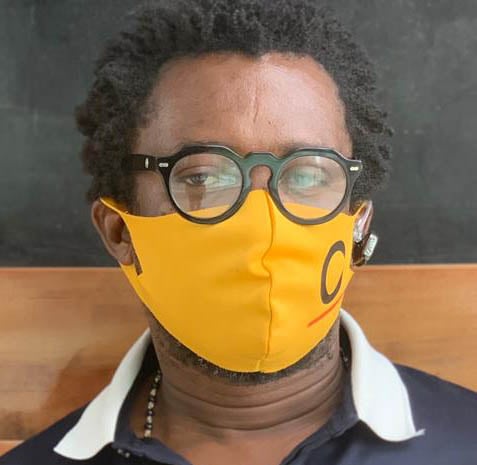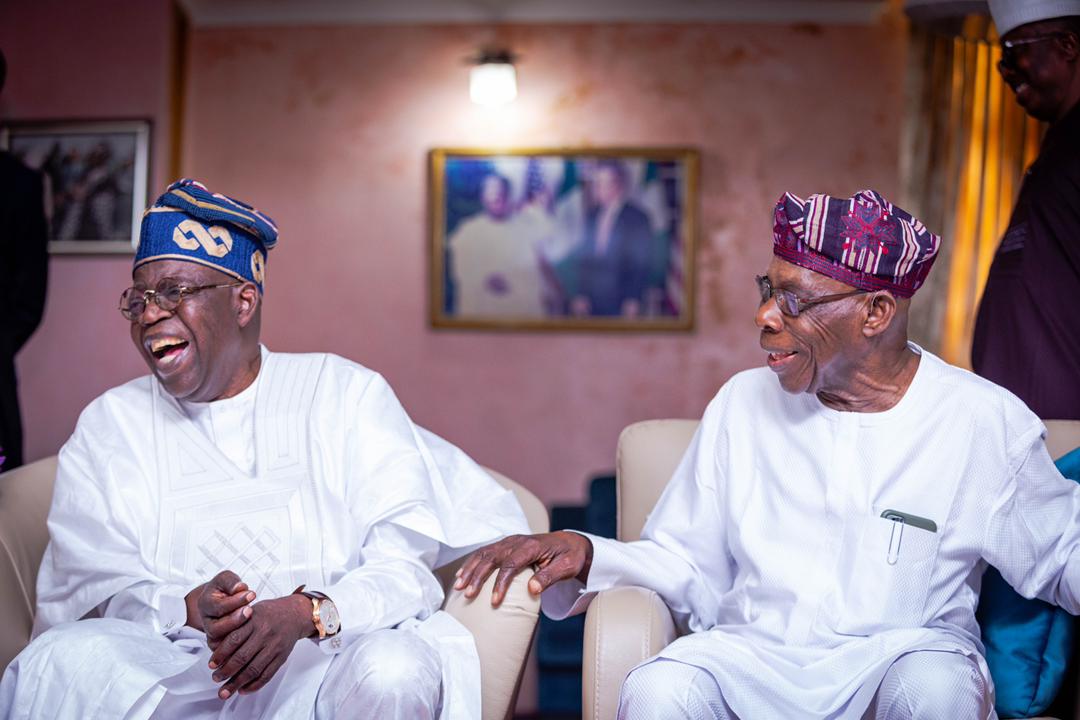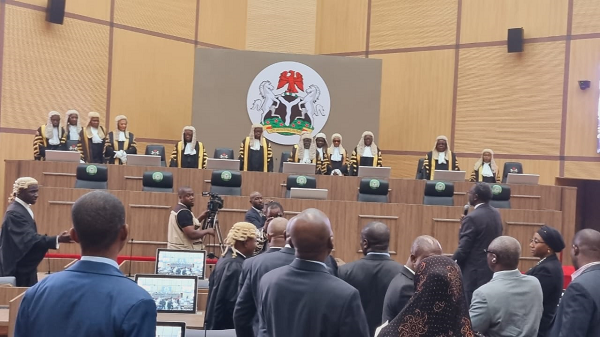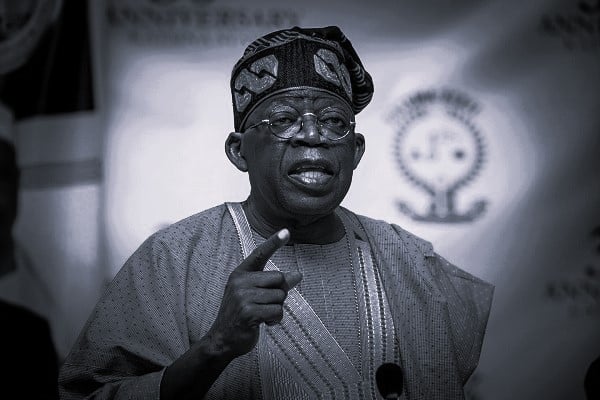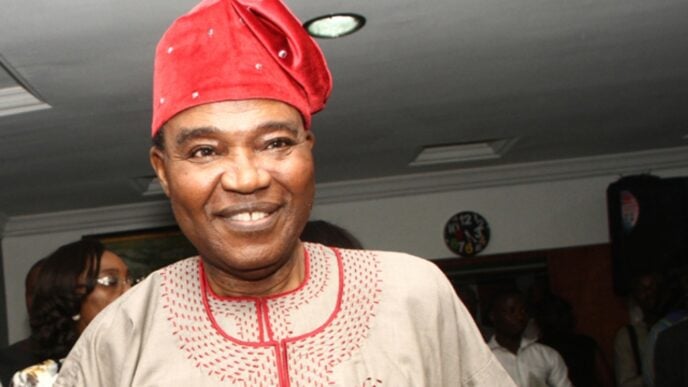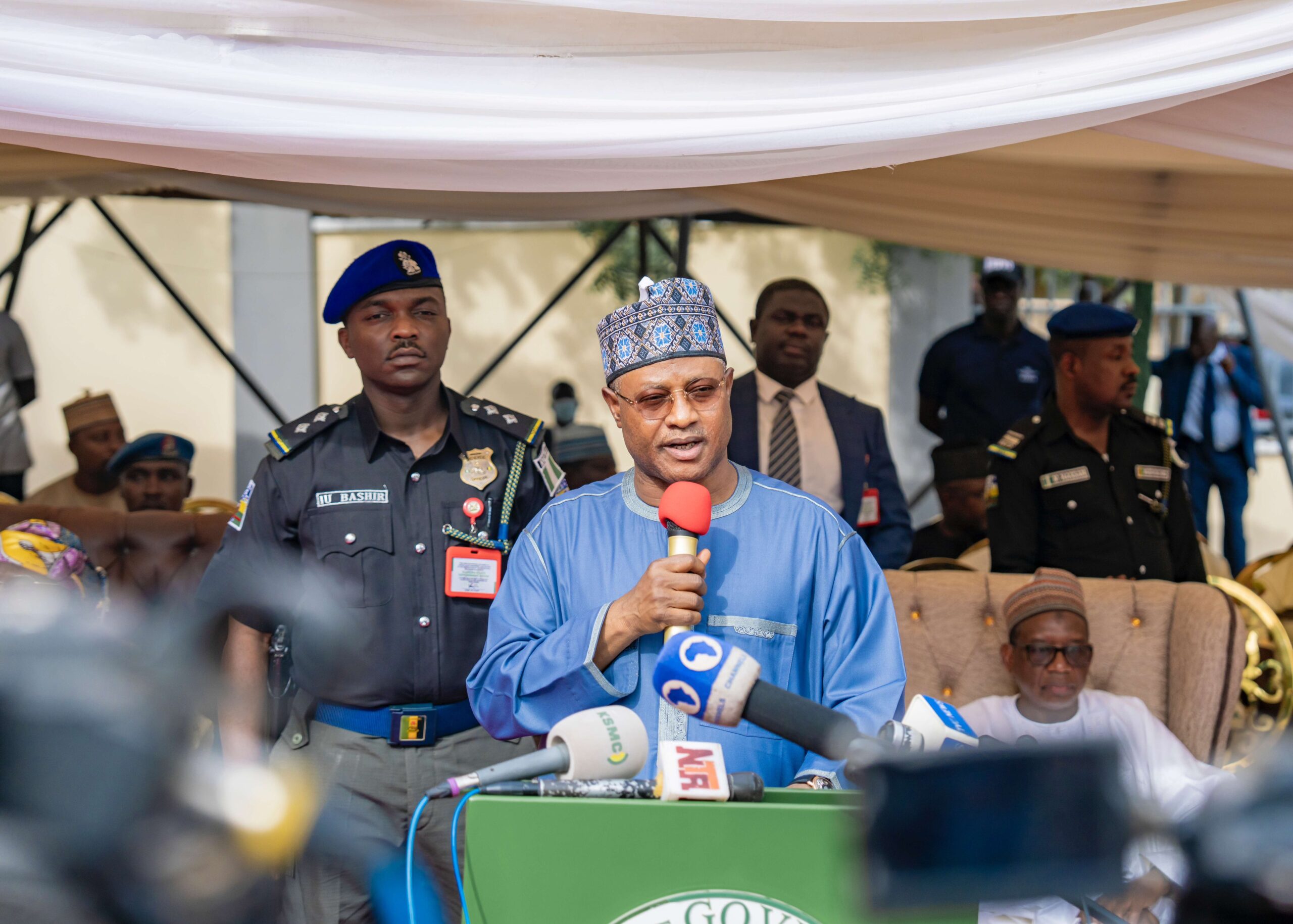The shame of the nation is its inability to connect its youth to its past. This is the tragedy of Nigeria where the youths have tried to demonise a national hero simply because they have no anchor in history.
My sister Oshun Christiana just sent me an invite to watch Soyinka’s The Man Died in London and I must say I remain thrilled at the prospect.
Anybody who has gone through his literary works as I did in secondary school will be very reluctant to join social media bandits to throw mud at Soyinka.
A cursory look at Nigerian contemporary history as it concerns Soyinka will show him standing very fervently for the Igbos in those years just before and during the civil war — an action with which he suffered fervently for it.
Advertisement
He stood for what he believed was the injustice meted out by the Nigerian state on our brothers and in one scene in the promo I just watched was quoted as saying, “When a people have suffered genocide, I believe they have a right to seek an identity apart from their aggressors”.
This was Wole in the face of the Nigerian military as he defended his stance and position in the civil war which by then was raging fiercely.
Wole, for me, represents all that is good within the anti-establishment community of Nigeria. Leveraging his works, the platforms he ignited sustained a war against the establishment in such a way that very few had.
Advertisement
Apart from a glitch where he kind of sought power, he avoided the very enticing allure of evil power preferring to stand at the other end of the road to shout against our leaders and their wickedness.
It therefore remains very sad to see a horde of youths float around aimlessly like castrated bees attempting to sting an icon who stood by their fathers and grandfathers when the Nigerian state moved against them.
Such ingratitude remains sad and unedifying.
At the end of the civil war, Wole continued his fight against the rape of our nation by successive military despots and civilian demagogues without seizing.
Advertisement
We remember his fight to save Vatsa, the numerous protests and demonstrations against IBB and his brother Abacha and his pungent verbal attacks on the system which contributed in no small measure to birthing the one-legged democracy that we now have.
His voice today seemingly leaning on one side and losing its potency in the face of the maladministration we currently face, shouldn’t now be an excuse for the public lynching of such a great soul.
In the vociferous attack of his person, his well-deserved Nobel Prize for Literature was thrown into the furnace reminding me of the sacrilege that went on in the Iraqi war where holy sites were destroyed in the carnage that was that madness.
His globally acclaimed prize was ridiculed. Vain attempts were made to ethnice it in a very banal effort at discrediting his contributions to literature.
Advertisement
No matter what Wole does in the twilight of his life, his position as a bonafide Nigerian hero remains sacrosanct, with his image unsullied by the very temporary angst of a demographic that remains bullied, harassed and left bereft of a future by his very close friends in power.
I’ll go see The Man Died and I recommend all parties in the Nigerian struggle should go see it not only for its historical value but also to better understand the man who didn’t die.
Advertisement
Views expressed by contributors are strictly personal and not of TheCable.
Add a comment
